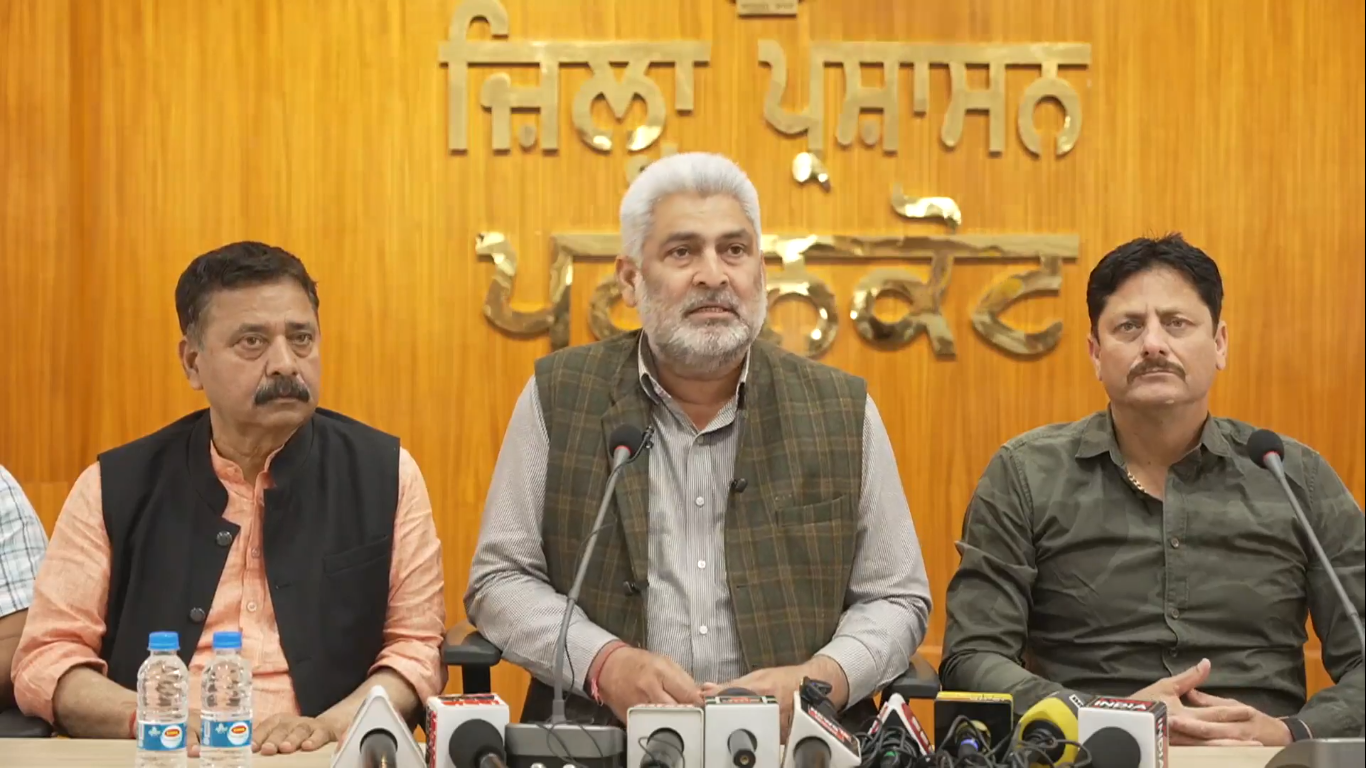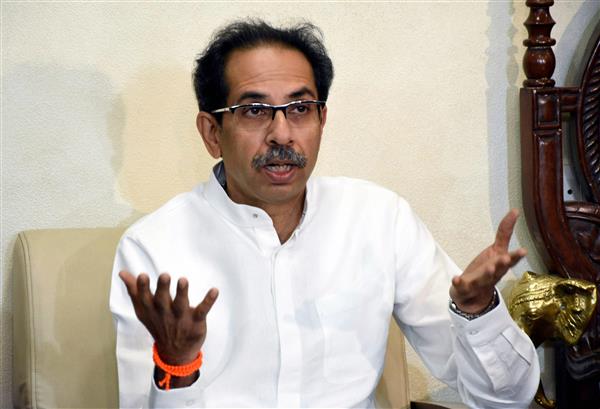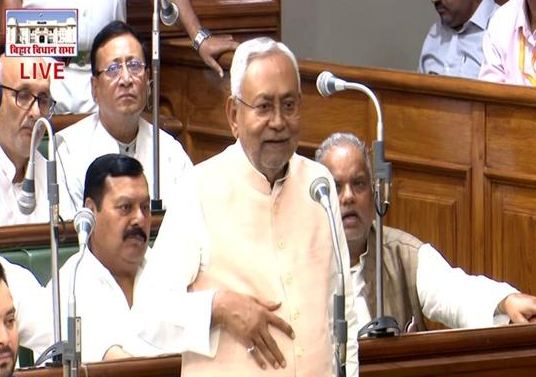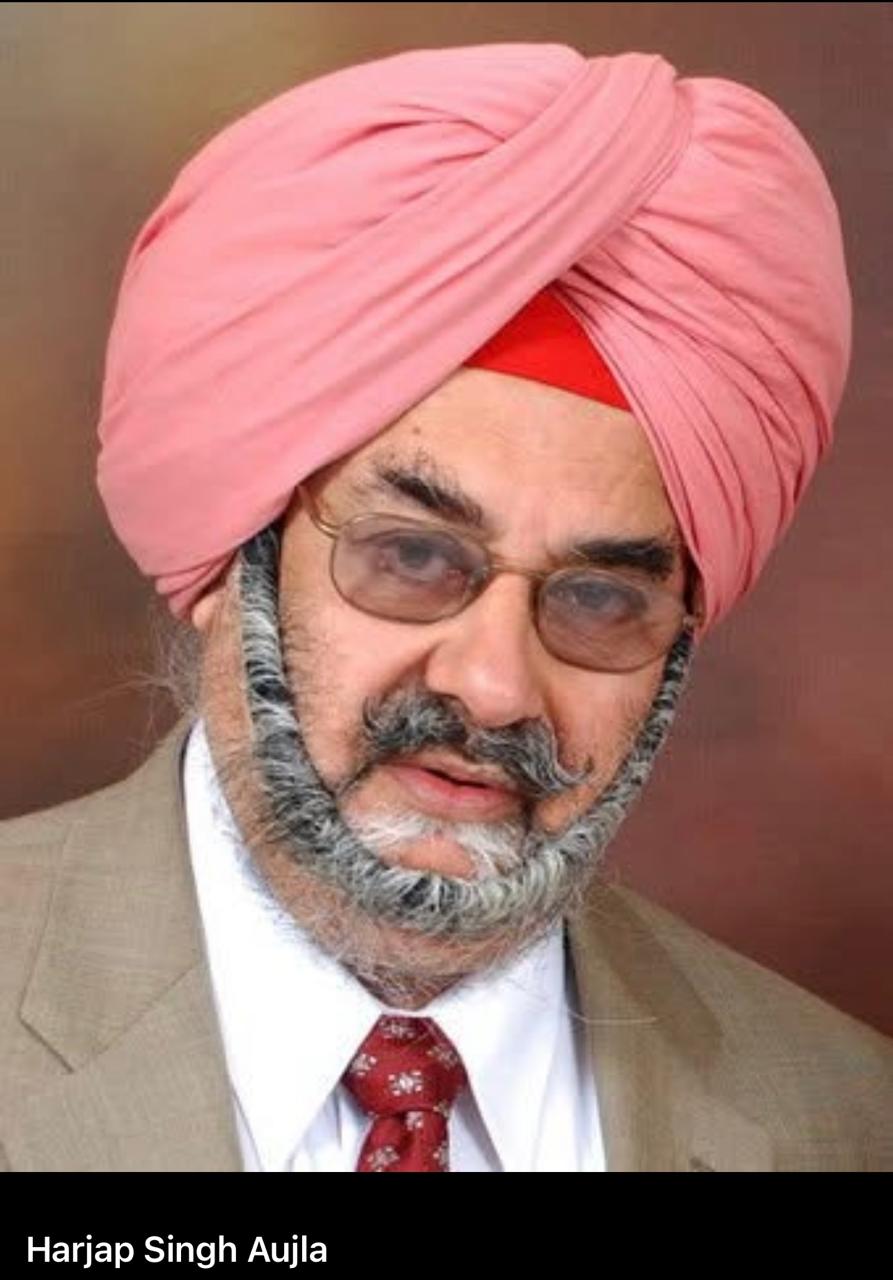Justice Surya Kant is the new Chief Justice of India
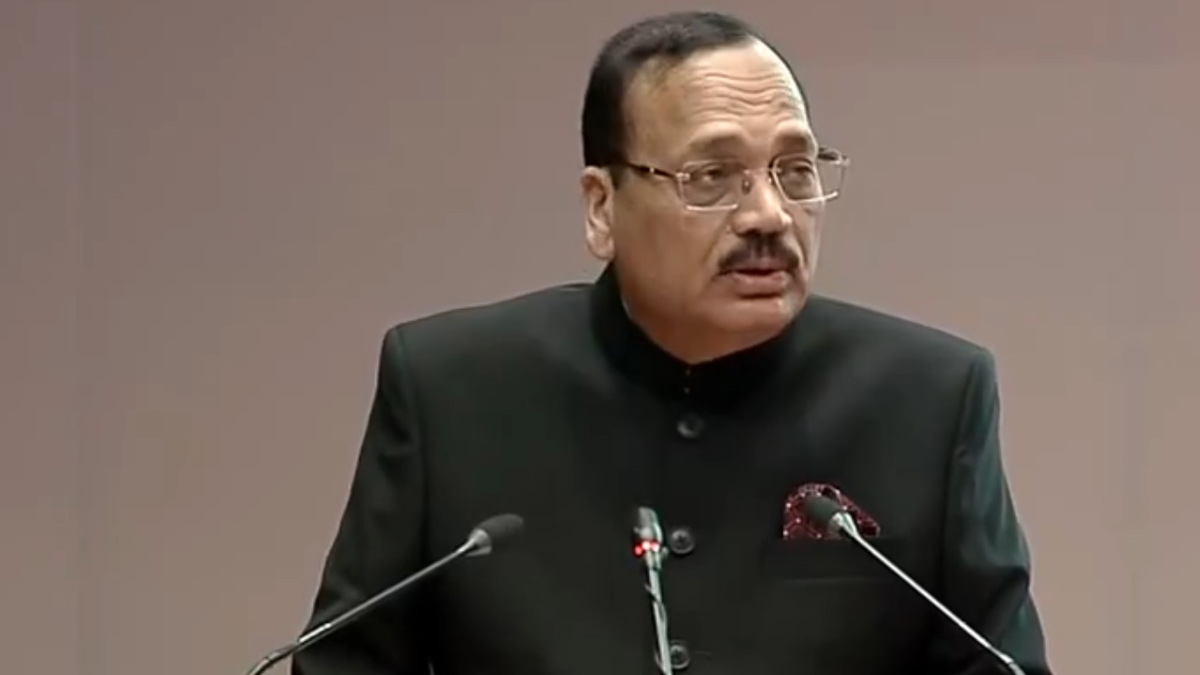
Fact News Service
New Delhi, November 24: Chief Justice Surya Kant will demit office on February 9, 2027, after turning 65. He was born on February 10, 1962, in Haryana’s Hisar to a middle-class family. He graduated from the Government Post Graduate College, Hisar, in 1981. He got his bachelor’s degree in law from Maharishi Dayanand University, Rohtak, in 1984.
He started practicing law at the district court in Hisar in 1984. He then shifted to Chandigarh in 1985 to practice in the Punjab and Haryana High Court. He then became the youngest Advocate General of Haryana in 2000. He also has the distinction of standing ‘first class first’ in his master’s degree in law in 2011 from Kurukshetra University.
He was then appointed the chief justice of the Himachal Pradesh High Court in 2018.
Elevated as a Supreme Court judge in 2019, he has been part of key verdicts, including the recent presidential reference on the powers of the governor and president in dealing with bills passed by a state assembly. He was also part of the bench that kept the colonial-era sedition law in abeyance, directing that no new cases be registered under it until a government review.
Chief Justice Kant also nudged the Election Commission to disclose the details of 65 lakh voters excluded from the draft electoral rolls in Bihar while hearing a batch of petitions challenging the poll panel’s decision to undertake Special Intensive Revision SIR) of the voters list in the state, where the assembly elections were held recently. He also led a bench that reinstated a woman sarpanch (village head) unlawfully removed from office and called out the gender bias in the matter. He is also credited with directing that one-third of seats in bar associations, including the Supreme Court Bar Association, be reserved for women.
Chief Justice Kant was also part of the bench that appointed a five-member committee headed by former Supreme Court judge Justice Indu Malhotra to probe the security during PM’s Punjab visit.
He also upheld the One Rank-One Pension scheme for defence forces, calling it constitutionally valid, and continues to hear petitions of women officers in the armed forces seeking parity in permanent commission.
Chief Justice Kant was on the seven-judge bench that overruled the 1967 Aligarh Muslim University judgment, opening the way for reconsideration of the institution’s minority status.
He was also part of the bench that heard the Pegasus spyware case and that appointed a panel of cyber experts to probe allegations of unlawful surveillance, stating that the state cannot get a “free pass under the guise of national security”.

